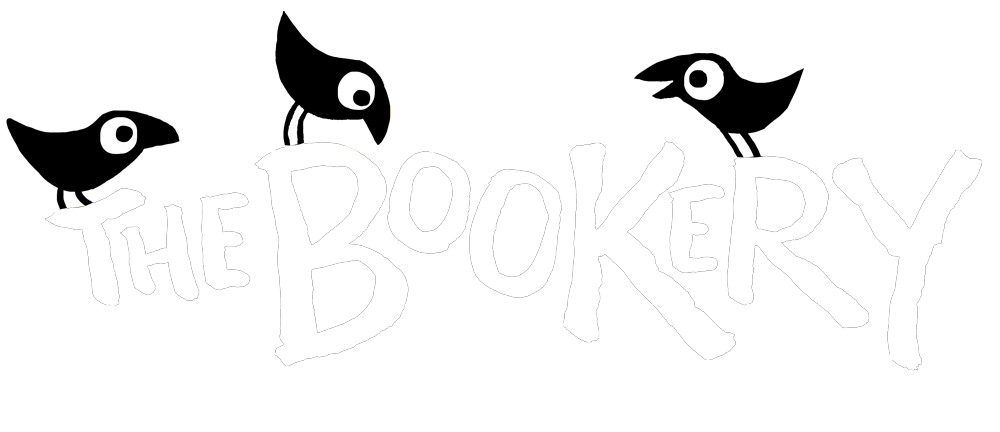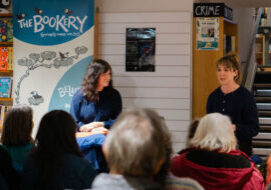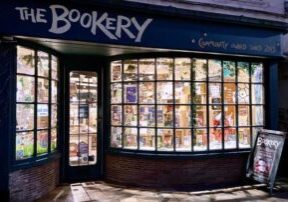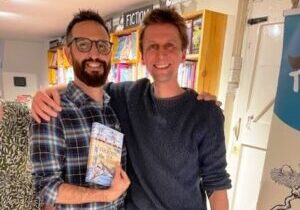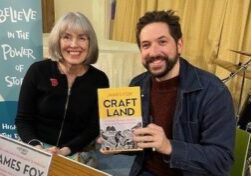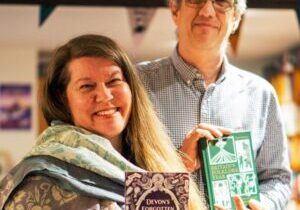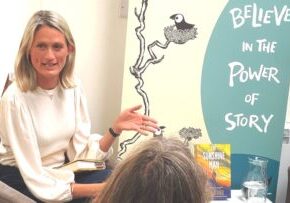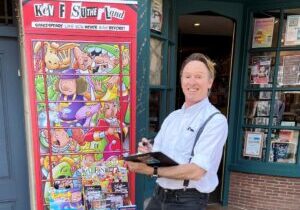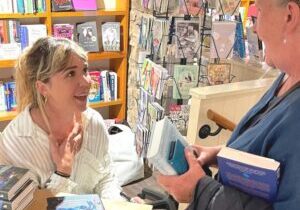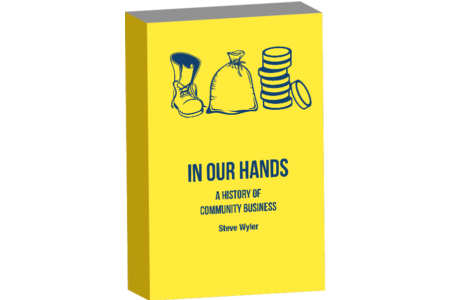
The business dictionary defines community businesses as ‘self-organised networks of people with common agenda, cause, or interest, who collaborate by sharing ideas, information, and other resources.’
In Our Hands by Steve Wyler explores the history and early origins of community business, delving into the creation of medieval guilds, seventeenth century radicalism, friendly societies and early co-operatives to the present day. Steve examines how, generation after generation, people have turned to community business, whether in response to the social evils of Victorian industrialisation, the poverty of the Great Depression, or the failures of modern capitalism and the welfare state. He looks at how community businesses may be viewed as a threat by others with different interests or political views, and probes into the difficulties these businesses face, their reasons for failure and the powerful influence of their success. ‘The story of community business, stretching back many hundreds of years, helps us to realise that the strength and endurance of the community business movement is not simply about breadth and scale in the here and now, but that we also have depth and scale in the past.’
Steve, who has been working in the field of social change and community business for thirty years, concludes by saying ‘despite all change, the core impulse of community business, trading for good, remains valid and irrepressible. Today the community business movement seems poised to step into the future with confidence and play a part in creating resilient and responsive communities in every part of the country.’
This book is an inspiration and shows that as long as people have been trading, they have also been successfully sharing skills, knowledge and information to benefit each other and their local communities. In Our Hands is a perfect book for anyone interested in how to positively benefit society through trading in a sustainable way and has been produced by community business enabler Power To Change who, putting their money where their mouth is, have decided to bypass the normal sales routes of global internet giants and sell the book through Crediton Community Bookshop, which of course operates as a community business.
